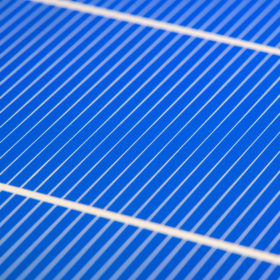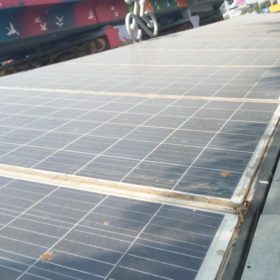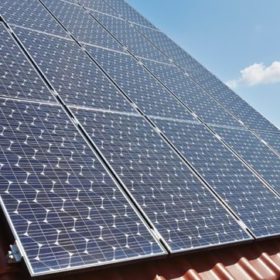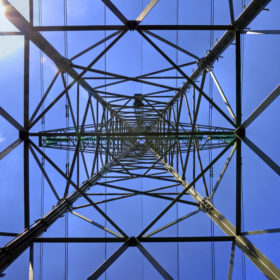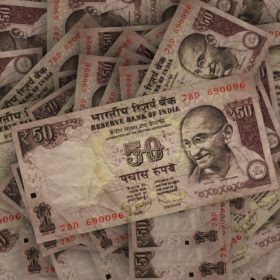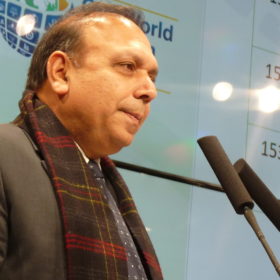Solar Park Scheme changes set to drive up India solar power prices
The Ministry of New and Renewable Energy has addressed complaints by solar developers about a lack of power evacuation infrastructure by changing its solar park guidelines. Under the new rules, though, developers are likely to incur higher costs.
SECI extends 3 GW manufacturing tender bid submission deadline
The deadline for SECI’s latest attempt to incentivize Indian solar manufacturing by offering generation capacity has come and gone. The government body’s attempts to kick-start domestic production have thus far made little headway.
No construction permits without solar in one town in Telangana
The municipal council of Karimnagar has mandated rooftop solar on new buildings of a certain size as part of the Ministry of New & Renewable Energy’s Smart City Mission, which requires 10% of municipal energy to be generated from solar.
Phase II of Rooftop Solar Scheme approved
The President of India has sanctioned financial outlay of Rs 11,814 crore for phase II of grid-connected rooftop solar programme to achieve ‘40 GW by 2022’ target.
GST and safeguarding duty have driven up solar power costs nearly 6%
A study by the Council on Energy, Environment and Water claims the imposition of goods and services tax on PV projects, safeguarding duty on module imports and late payments from hard-up power distribution companies are all hindering Indian solar.
Andhra Pradesh regulator considers five-year PPAs
Hard-up distribution companies say they are not reaping the benefits of falling renewable energy generation costs because 25-year deals tie them to paying power prices which now appear unjustifiably high.
Low tariff comes out of Rajasthan 750 MW auction
Record-setting Acme Solar has secured a third of the latest procurement exercise in the state with a lowest bid of Rs2.48/kWh. The tender was oversubscribed by more than 100% as offers came in for 1,620 MW of capacity.
Assam takes a giant leap forward with 70 MW solar park
A state hamstrung by low irradiance, tough terrain and regular flooding is trying to move forward its energy transition. Previously, the largest solar project in Assam had a generation capacity of only 5 MW.
SECI goes into overdrive with 6 GW tender plans announced in five days
The organization responsible for coordinating India’s push for 100 GW of new solar capacity by 2022 has had a busy week. But, as last year illustrated, tenders alone are not always a guarantee of new generation assets.
UK-India fund commits $200m to renewables developer Ayana
Fund backed by both governments commits $200 million to the developer, which was itself established by the U.K. government a year ago. Ayana – which boasts a 500 MW solar portfolio – recently enjoyed a $330 million cash boost from public-private joint venture EverSource Capital.
